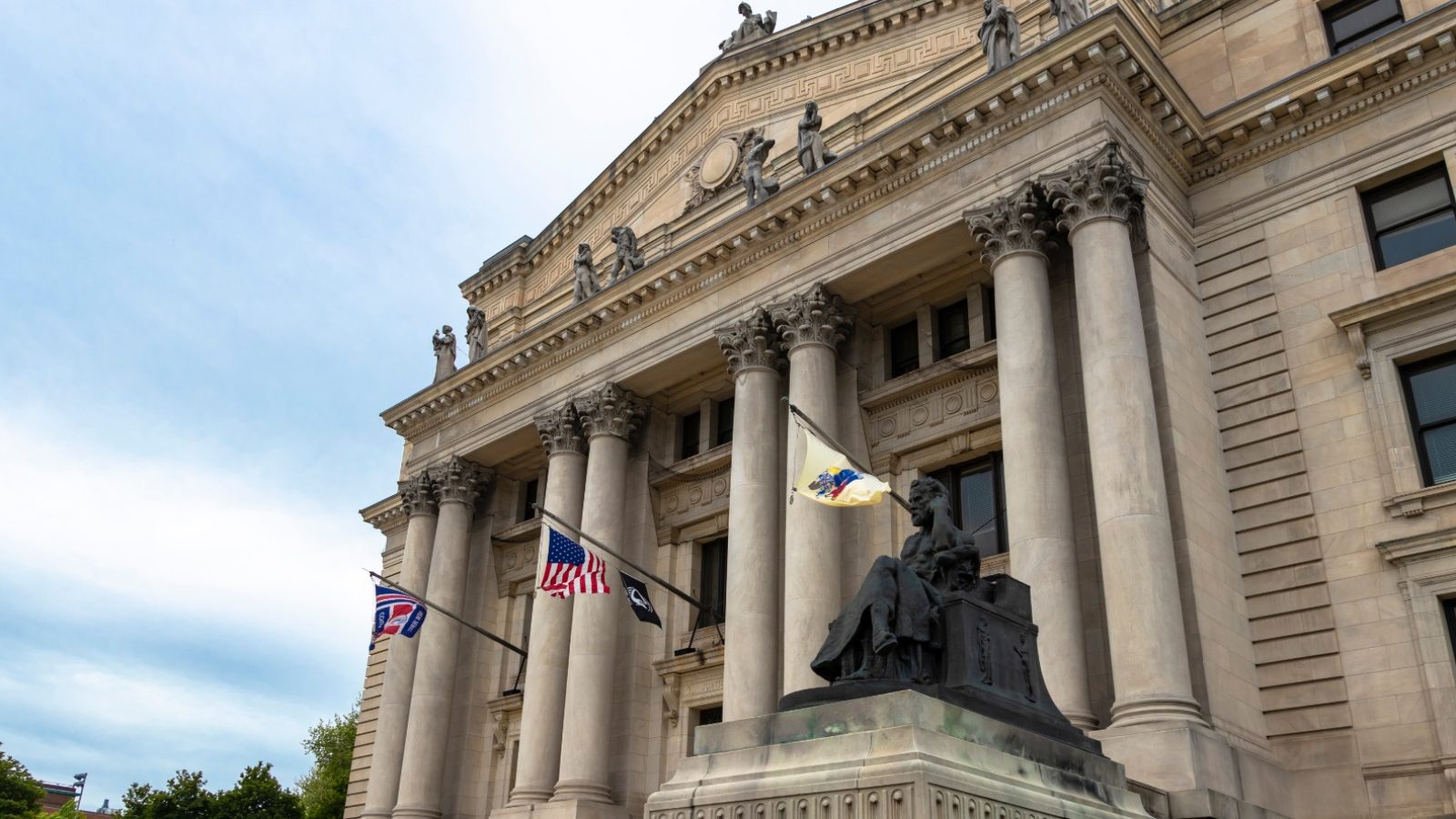A judge in the U.S. District Court for the District of New Jersey granted Kalshi’s motion for preliminary injunction against the state’s Division of Gaming Enforcement (DGE) on Monday.
The legal victory for the trading platform follows the April 10 victory in Nevada with this second significant win over another state gaming agency regarding its offering of sporting event contracts. With an injunction now in place in both states, the sports events contracts may continue on Kalshi’s platform while the cases proceed to more in-depth briefing and discussion.
In his 16-page ruling, U.S. District Court Judge Edward S. Kiel said Kalshi “demonstrated a reasonable chance of prevailing” and found “that — at minimum — Kalshi has identified harms to its reputation and goodwill that are both likely without injunctive relief and not able to be remedied following trial.”
Kiel addressed one key difference between the Nevada and New Jersey cases in applying “the special rule” under the Commodity Exchange Act (CEA). He wrote that the Commodity Futures Trade Commission (CFTC) “may determine that such agreements, contracts, or transactions are contrary to the public interest if the agreements, contracts, or transactions involve … activity that is unlawful under any Federal or State law.”
New Jersey’s Sports Wagering Act prohibits wagering on a college sport or athletics event that takes place in the state or on a sport or athletics event in which any New Jersey college team participates no matter where it occurs.
Kiel noted that the U.S. District Court for the District of Columbia “persuasively addressed this issue” by writing that “many states also define unlawful gambling as staking money on a contingent outcome.” With event contracts defined as staking money on the outcome of a contingent event, “under the CFTC’s logic the special rule would apply to any event contract.”
Thus, Kiel interpreted, in the special rule, “unlawful under any Federal or State law” refers to the underlying event — for example, the NCAA Tournament — rather than the act of staking money on that event.
Where Kalshi found its grounds
Kiel found Kalshi made a compelling argument via field preemption, which applies when Congress does not expressly preempt state law but where “federal law leaves no room for state regulation and that Congress had a clear and manifest intent to supersede state law in that field.” He noted that the U.S. District Court in Nevada concluded the “plain language of 7 U.S.C.
§2(a)(1)(A)” gave CFTC exclusive jurisdiction over all aspects of the “sale of a commodity for future delivery traded or executed on designated exchanges.”
Kiel pointed out while the second sentence of that paragraph “provides that state regulatory authority is not superseded,” it must be read in the context of the entire paragraph. The judge said that second sentence “merely preserves SEC and state authority over contracts that are not subject to the CFTC’s exclusive jurisdiction.” Kiel further noted that even without express preemption, the NJDGE did not bring up any precedent to counter that the “exclusive-jurisdiction language reflects an intent to occupy the field.”
More on the special rule
Kiel, in a key part of his ruling, said he was persuaded that Kalshi’s “sports-related event contracts fall within the CFTC’s exclusive jurisdiction and am unconvinced by defendants’
arguments to the contrary.” Kiel rejected the DGE’s argument that “sporting events are without
potential financial, economic, or commercial consequence,” citing examples of economic impact Kalshi provided in its reply brief to the NJDGE.
Because the CFTC has yet to make a ruling or guidance on sports event contracts, Kiel argued those contracts as of this moment “evidence … the CFTC’s exercise of its discretion and implicit decision to permit them.” In finding Kalshi made its argument for field preemption, Kiel did not examine where conflict preemption also applied in this case.
Robinhood key to irreparable harm finding
Kiel acknowledged many of Kalshi’s arguments about irreparable harm could also be found in the Nevada case. He even referred to the “Hobson’s choice” that U.S. District Court Judge Anthony Gordon described in Kalshi’s legal options facing the Nevada Gaming Control Board’s cease-and-desist letter.
In addition to Kalshi successfully arguing the “loss of business and goodwill may constitute irreparable injury,” the judge noted that Robinhood’s decision to decline to list Kalshi events in New Jersey after it also received a cease-and-desist letter from the DGE played a part in granting Kalshi the preliminary injunction.
One area where Kiel differed from Gordon was the price of the issuance of the bond. Kiel set it at $100,000 compared to the $10,000 set by Gordon in Nevada. Keil wrote that he set that amount to “mirror that of the maximum fine of a violation under the Sports Wagering Act.”





